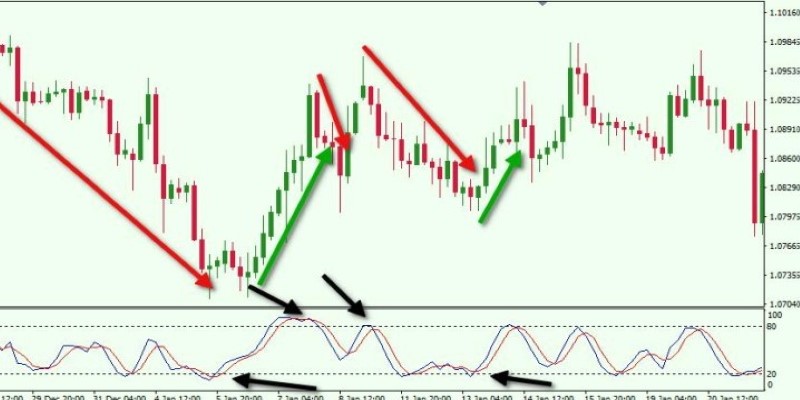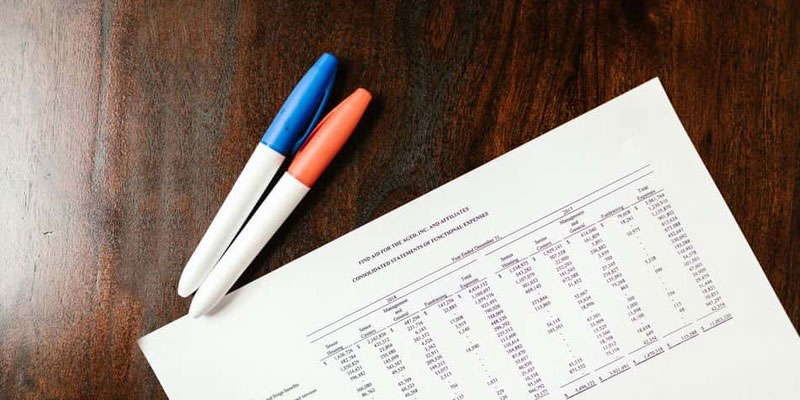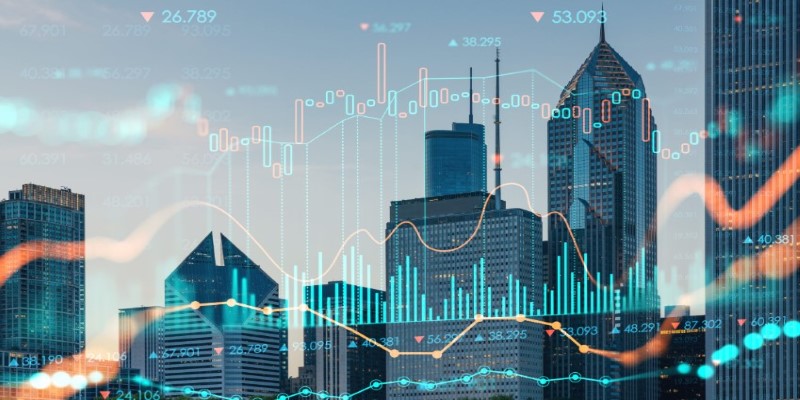Introduction
What is tax differential view of dividend policy? When considering the time to investment horizon and other factors, the tax differential perspective in dividend policies is based on the supposition that investors prefer stock appreciation over dividends since capital gains are less taxed than dividends. The other defense is that dividends are a given, whereas company development is unpredictable. The "bird in the hand" defense is what this is known as. The proponents of this position further point out that because investors who need regular income find dividend payouts appealing, dividends may increase the value of a company's stock. A third assertion is that dividends have no bearing on the price of equities. The debate between dividends and the stock remains unresolved despite decades of study.
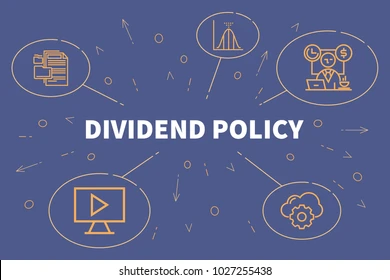
A Long-Term Difference is the Tax Differential
Despite the equitable tax rate, capital gains are not taxed until the shares are sold, but dividends are taxed annually. As a result, the equity investment is growing exponentially faster and is tax-free. Therefore, proponents of dividends over equities claim that the tax advantage is still present. Furthermore, they contend that businesses adopting an income tax differential are more concerned with raising share prices than those only interested in raising dividends. As a result, they have more resources to invest in growth and expansion. Growth, as a result, raises the value of shares.
Influencing Factors For Dividend Decisions
- The consistency of pay: A company with consistent earnings growth pays regular dividends as opposed to one with erratic earnings.
- Growth possibilities: The corporations retain a percentage of their income to finance their upcoming expansion and investment needs. So the dividend is reduced if a corporation sees any chance for growth.
- Iv Cash flow position: An outflow of cash results from the dividend payment. Before declaring a dividend, it is necessary to confirm the availability of liquid cash.
- The tax policy, in IV: Government taxation policies affect dividend decision-making in two ways: The amount of dividends the corporation pays depends on the tax rate applied to the net profits of enterprises. The dividend is lesser if the tax rate is higher. The tax status of shareholders also affects the company's payout practices. Shareholders might select bonus shares or capital gains over dividends if dividend income is tax deductible.
What Is the Operation of a Tax Differential View of Dividend Policy?
- Situation 1: The Business XYZ, Each share of Company XYZ's stock has increased by $1, reaching $11. John makes a total of $1 in capital gains when he sells his shares. For each dollar worth, he must pay $0.15 in taxes.
- Situation 2: The XYZ firm distributes a $1 dividend to its stockholders. On the $1, or $0.28, John must pay ordinary income taxes of 28 percent.
In both cases, John receives an additional sum of money, but when it comes from dividends, the tax rate is higher, and John can keep less. Therefore, John might be tempted to avoid investing in dividend-paying companies and instead focus on the growth sector (because they typically generate gains in capital profits rather than dividends).
Why Is It Important to Have a Tax Differential View on Dividend Policy?
Every business is responsible for acting in the best interests of its owners or shareholders. This involves using any leftover funds in the best possible ways. In some cases, a corporation may be enticed to adopt a growth plan rather than a value approach by the dividend policy tax differential perspective. This means that instead of giving extra money to investors in the form of dividends, they use the money they have left to fund capital expenditures and other strategies to increase the company's growth (and subsequently the value of its stock) to satisfy their shareholders' tax obligations.
Benefits and Drawbacks of Selecting Dividends
The dispute between dividend plans vs. growth plans is as old as mutual funds and isn't likely to end any time soon. It depends on your risk tolerance and the outcomes you hope to achieve with your investment. If the dividend plan isn't helping you achieve your investing objectives, In the sentences that follow, it might be harmful. Depending on your tax bracket and the legislation in effect, the tax rate if you decide to grow can be anywhere from 0 and 15 percent. For instance, LTCG tax will be nil if your capital gain is less than $1,050. Taxation of dividends is required under a dividend option. You can use dividends to get a consistent stream of money.
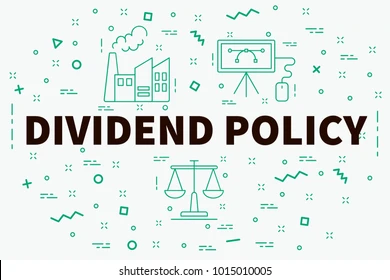
Conclusion
According to the tax differential viewpoint for dividends, capital gains are preferable to dividends because they are less tax-exempt. Dividends are taxed at a higher rate than capital gains. It is crucial to keep in mind that capital gains tax rates and dividend tax rates differ from one another. The most crucial element is the tax rate. The higher the tax rate differential, the greater the incentive to switch to a different policy.



